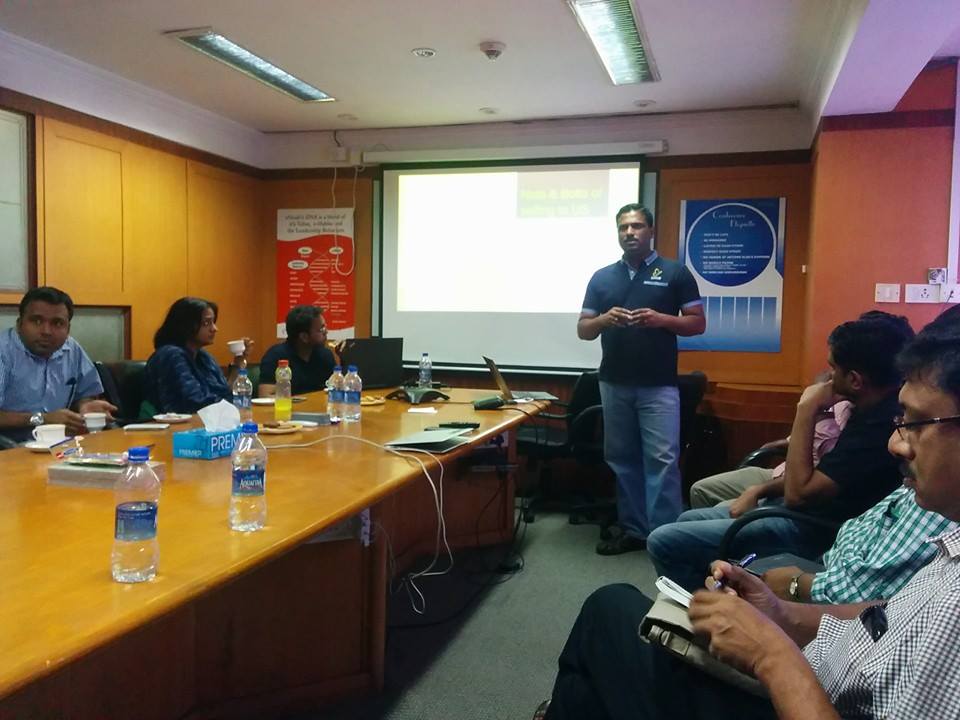The 42nd iSPIRT RoundTable (RT) focused on an enormously interesting subject of ‘Nuts and Bolts of Selling to the US from India for First Timers‘. The session was meant for startups focusing on SaaS products (mostly in the B2B space) but the learning can be applied to any startup targeting the US market. This is the first in a 5 part series that captures the important learning from this Round Table.
Unique Format for Collaborative Learning
For a guy who is a big believer in the power of collaborative learning and knowledge sharing, I fell in love with the format. The Round Table lent itself well for more Q&A style discussions and sharing of experiences. There were 15 startup founders and this limited number was helpful in catering to specific company related discussion. s the session went, each of them spoke from their experience and shared best practices that worked well for them.
I also loved the fact that this was a day long event starting from 11am till 4pm (the after event discussion went on for another hour). This was useful for deeper discussion on important points.
The format also steered away from the traditional lecture mode. There was no speaker but a discussion facilitator. Suresh Sambandam, CEO of OrangeScape and founding supporter of iSpirit, was the facilitator. Suresh has successfully bootstrapped his start-up to a multi-million dollar entity and so he was the perfect person to lead the session.
This particular round table catered to startups that are approximately averaging US$5000 and intending to grow it 10x to US$50,000. This RT is second of a three level RTs that cater to different sized startups.
 Types of Round Tables
Types of Round Tables
RountTable Level 1: Caters to startups in the formation stage which helps them to home in on their right target audience and business plan.
Round Table Level 2: Caters to startups that aim to increase their revenues 10X to US$50,000 per month.
Round Table Level 3: This is for well established startups who are billing a MRR (Monthly Recurring revenue) of US$50,000 and want to grow 10x to US$500,000 and more.
B2B Customers Categorization
Suresh explained that it is very useful to identify which type of clients that we are gunning after. Having this clear segmentation helps as each of these categories have different needs and pain-points.
SOHO (Small Office Home Office) : 1 to 0 employees.
VSB (Very Small Business) : 10 to 50 employees
SMB (Small and Medium Business) : 50 to 500 employees
Mid Market: 500 to 5000 employee
Enterprise: 5000+ employees.
In the second part of this series, we’ll capture the learnings on the key roles and tasks that founding team members should undertaken to better the success of the startup.

